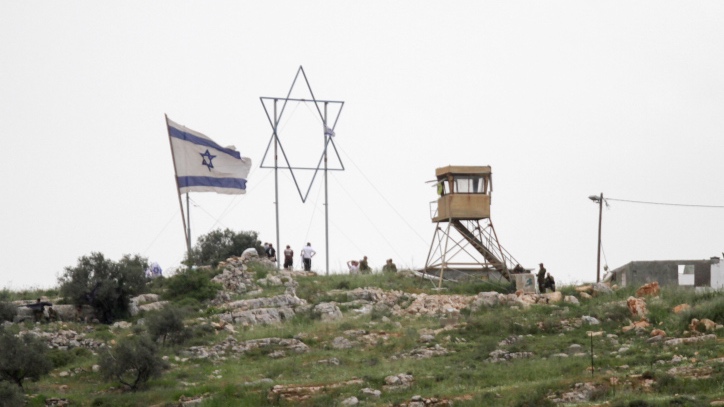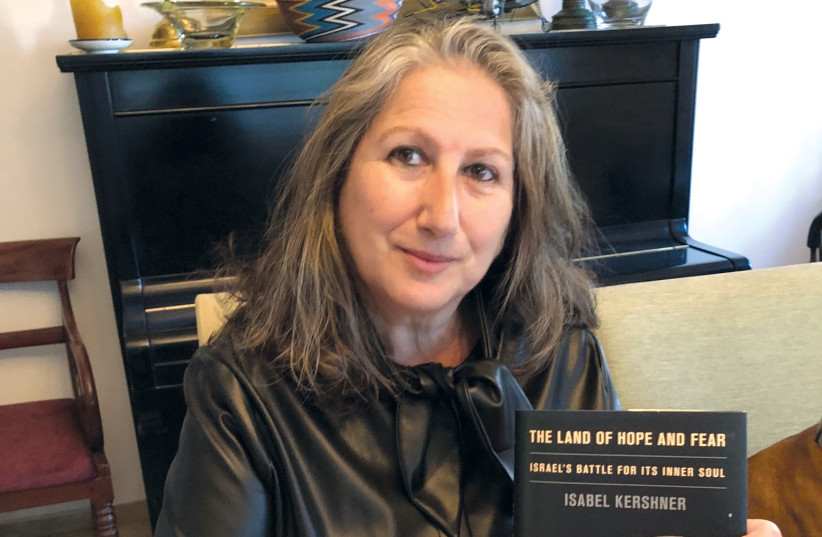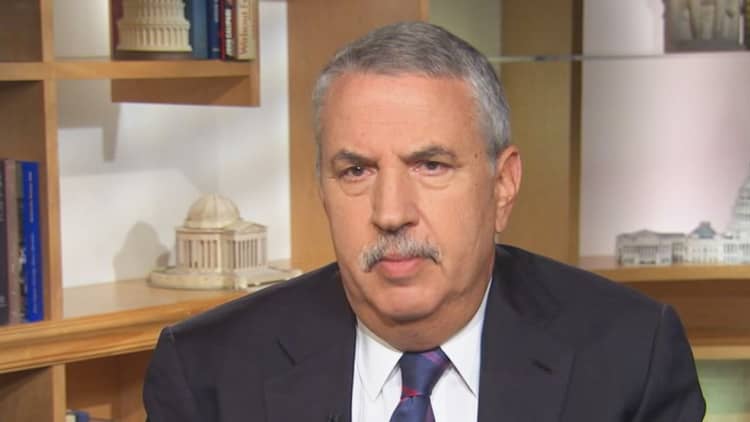Israel’s Inner Soul
Contrary to the criticism of foreign journalists, Israel’s soul is preserved for as long as it retains biblical Judea and Samaria.

Jews resettling the ancient hilltops of Judea and Samaria is seen by the world as the primary obstacle to peace.
Isabel Kershner has long been a prolific writer about Israel and its enduring conflict with Palestinians. In Barrier: The Seam of the Israeli-Palestinian Conflict
(2005), she explored the security wall built by Israel to protect its
people from an unrelenting wave of Palestinian terrorist attacks. Two
years later, she began reporting from Jerusalem for The New York Times.

In 1967, following Israel’s stunning victory in the Six-Day War, its “long-occupied territories” (known from antiquity as biblical Judea and Samaria), were newly settled by “messianic zealots” who, for Kershner, are at “the core of the problem.” This “group of fanatics” was “determined to push into the heavily Arab-populated biblical heartland of the West Bank.” Once the right-wing Likud government came to power in 1977, settlement homes “sprang up like mushrooms,” which was clearly distasteful to Kershner.
The “obvious hostility of the Palestinians toward their occupiers,” she writes, ignores the historic reality that it was Arabs who for many centuries had occupied the ancient Jewish homeland of Judea and Samaria. Although Kershner recognizes that “Jewish communities, however small, had maintained a constant presence in the Holy Land since the days of antiquity,” she nonetheless refers to Israel’s “corrosive occupation” of its own homeland. Following the Six-Day War in June 1967, Jewish settlers—beneficiaries of “complex and shadowy transactions”—had returned “in the dark of night” to regain their former homes as though it was a forbidden intrusion.
After a Palestinian stabbed 12 Israelis in Tel Aviv, Kershner wrote about the pious terrorist, his mother and family, and their sparsely furnished apartment. Nothing was written about the Jewish victims, their families or their homes. Following a wave of Palestinian terrorist attacks, Kershner failed to distinguish between assailants and victims. Instead, she noted that “intensifying violence has claimed lives on both sides.” After an Israeli woman settler was fatally stabbed in the presence of three of her children, dominating Israeli news, Kershner—who did not report her gruesome murder—merely noted that “much of the world considers the settlements illegal and an obstacle to the establishment of an independent Palestinian state.”


No comments:
Post a Comment